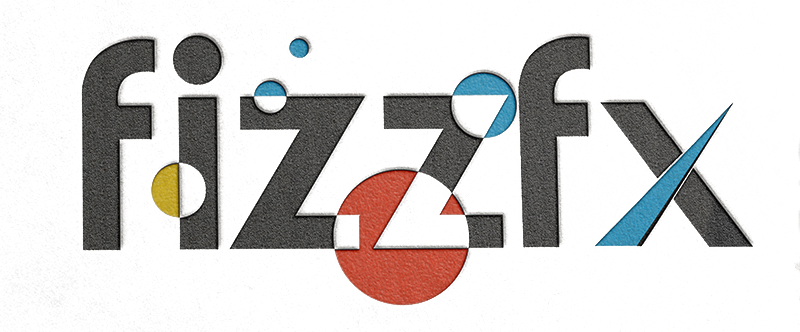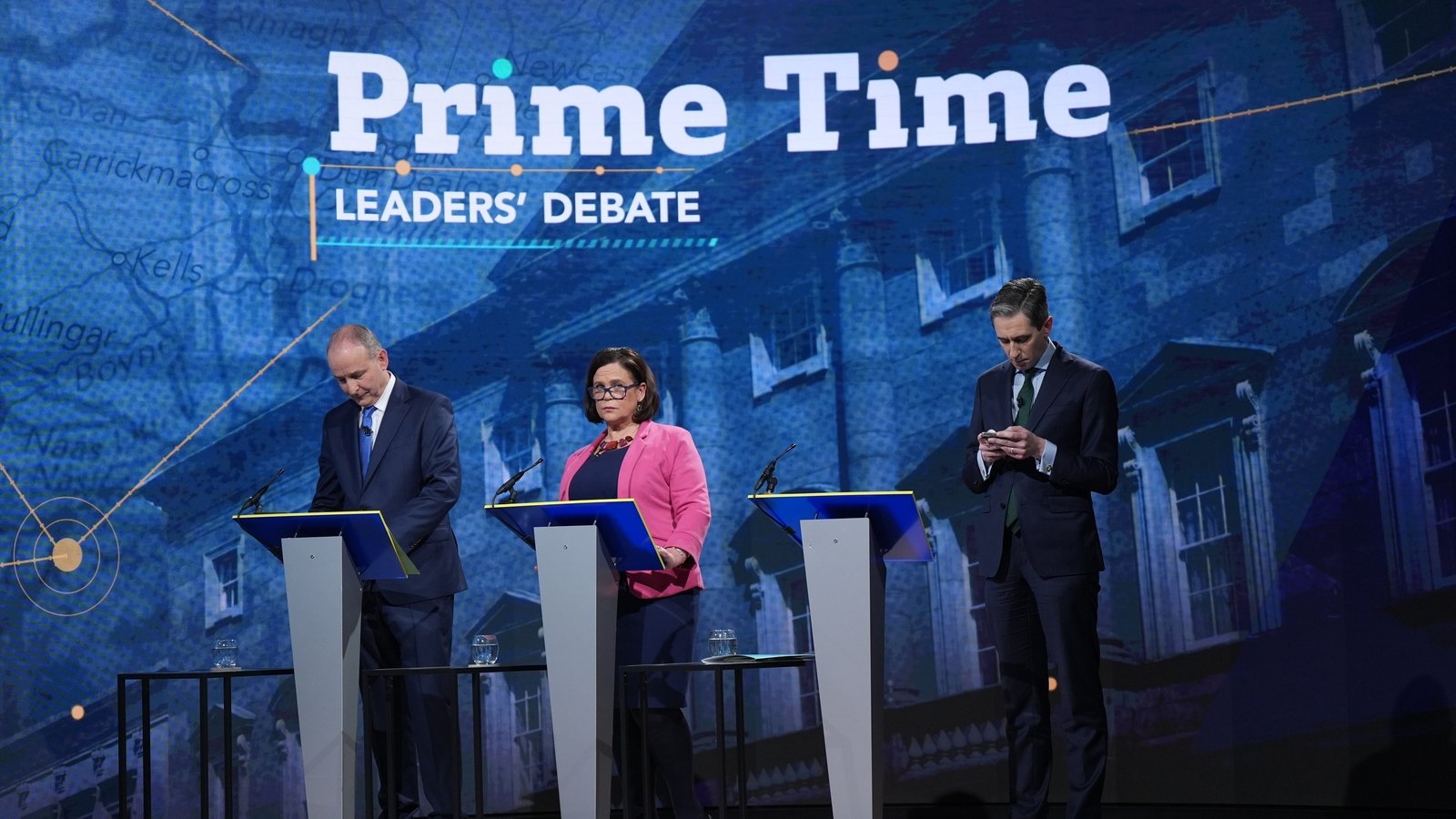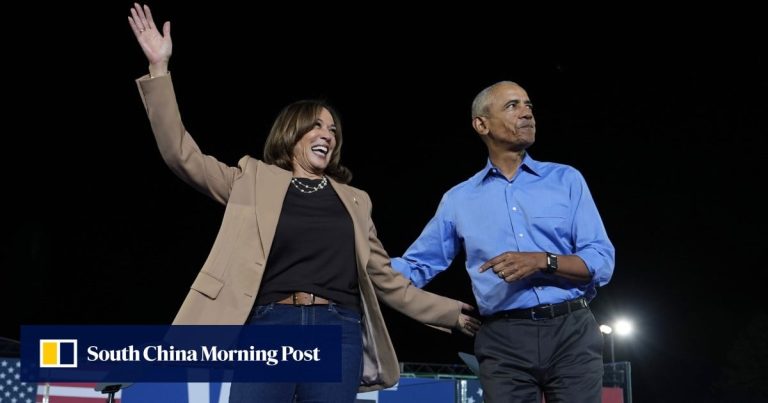In a charged political atmosphere, the most recent and final leaders’ debate hosted Fianna Fáil leader Micheál Martin and Fine Gael Leader Simon Harris once more. The primary focus of the contentious discussion centred around the economy and housing situation in Ireland. Throughout the debate, both Martin and Harris reiterated firm statements, asserting their respective parties would refrain from forming a government with Sinn Féin post-election.
Undoubtedly, one of the standout topics of this concluding debate was the economy. Both leaders rigorously defended their parties’ record on not only managing but also improving Ireland’s financial state during their respective periods in power. Harris, of the Fine Gael, accentuated his party’s role in Ireland’s recovery after the devastating 2008 financial crisis, citing their consistent investment in job creation and infrastructure development. He assured voters of Fine Gael’s commitment to maintaining a robust and diverse economy in times of uncertainty.
On the other hand, Martin, Fianna Fáil leader, stressed his party’s expertise and history of solid fiscal management. He advocated for a more balanced distribution of wealth and strengthening the Irish economy at its roots- the middle-class citizens and small businesses. Martin criticised Fine Gael’s reliance on multinationals and foreign direct investment, emphasising the need for a more independent, sustainable economy.
Transitioning to housing – another crucial issue that has gripped Ireland – both leaders presented contrasting viewpoints on how their parties plan to tackle the pressing crisis. Harris was grilled on Fine Gael’s perceived lack of significant progress in addressing homelessness and unaffordable house prices. He defended his party’s efforts, mentioning the extensive social housing plan implemented in recent years and increased investment targeted at resolving these issues.
Nonetheless, Martin took the opportunity to decry Fine Gael’s approach, lambasting it as out of touch and ineffective. Offering an alternative, Fianna Fáil promised to increase the supply of affordable homes through an ambitious house-building programme, putting homeownership within reach for many Irish families. He argued that only through this kind of committed and urgent action can the housing crisis be effectively tackled.
However, a significant highlight was the consensus on the refusal of both leaders to partner with Sinn Féin. Critics and detractors alike have targeted Sinn Féin due to their affiliations with the Irish Republican Army (IRA) for decades. The discussion around Sinn Féin focused on the potential implications of the party’s involvement in the government, which has traditionally been dominated by the Fianna Fáil and the Fine Gael. Both leaders made it explicitly clear that they have no intentions of entering into coalition with Sinn Féin post-election, illustrating the stark divisions within Irish politics.
In summarizing this concluding debate, it can be said that both leaders held their ground, presenting clear stances on economic prospects and housing solutions. Their shared refusal to partner with Sinn Féin clarified prevailing party lines, while the dialogue on the economy and housing revealed a divergence in approach and philosophy. The Irish electorate now looks toward the polls to pick their future leaders.



